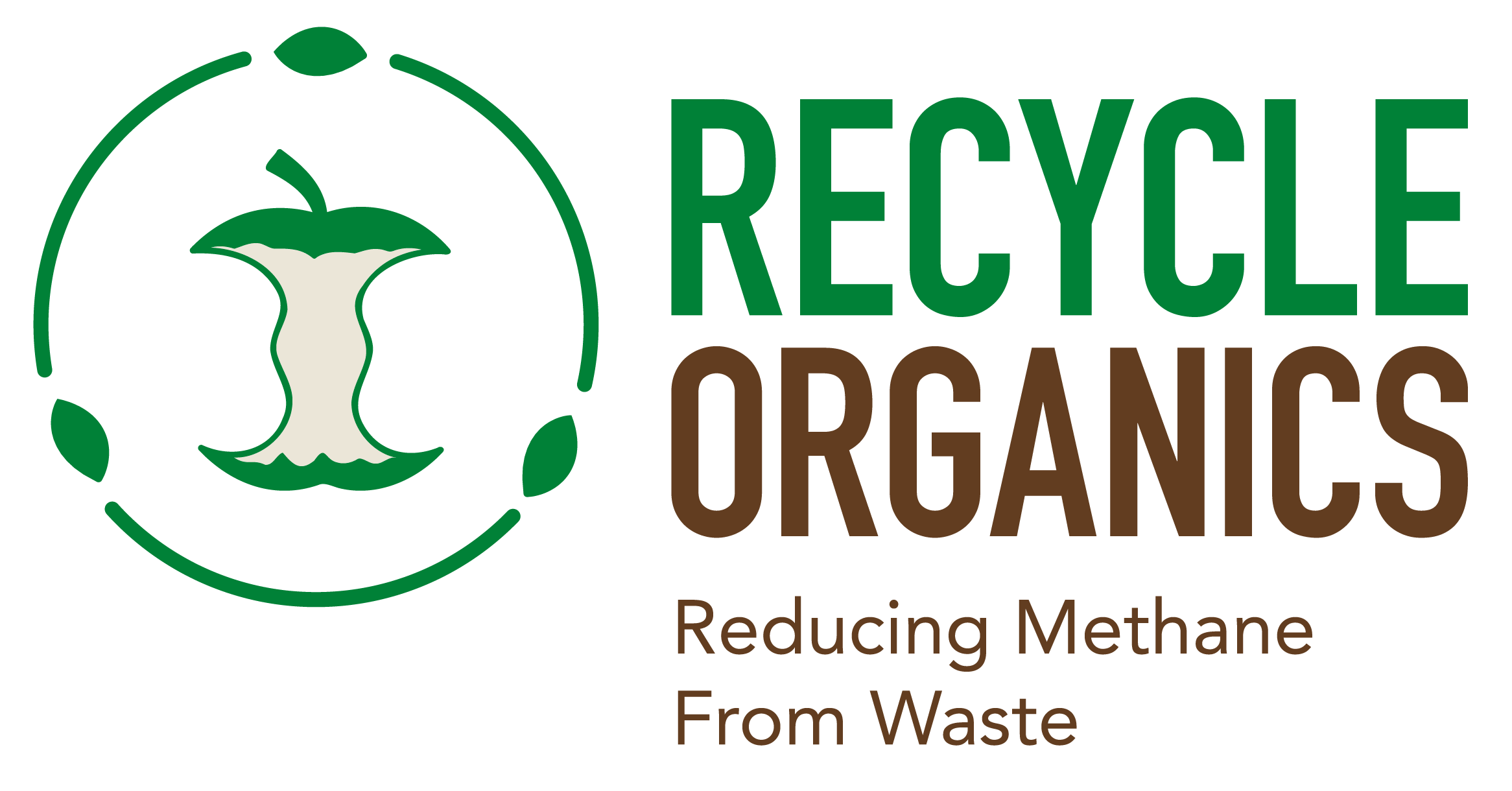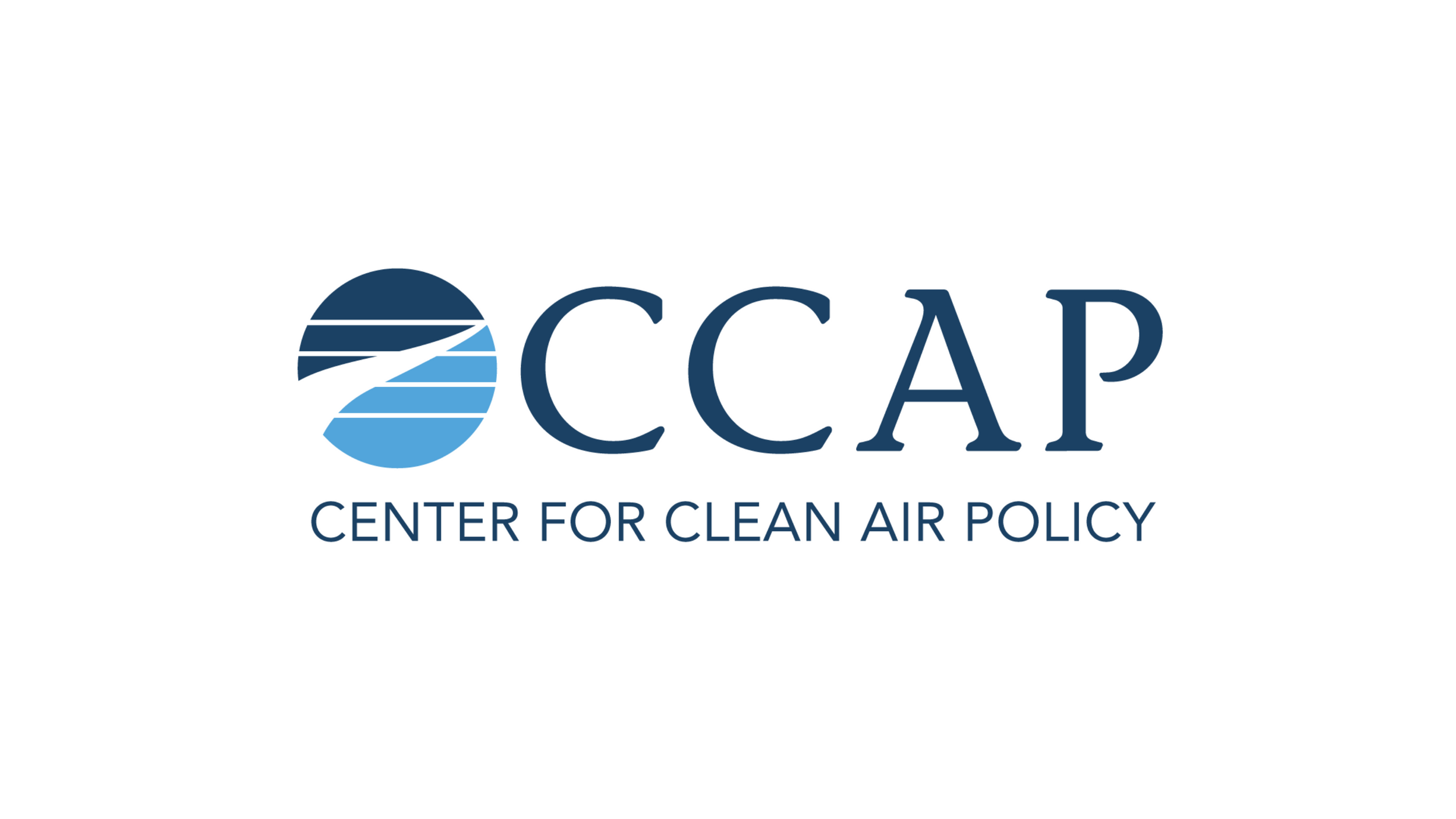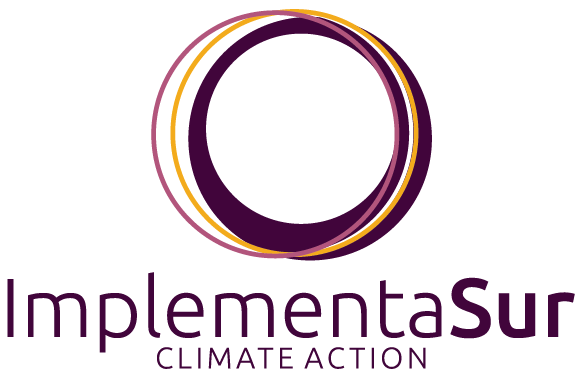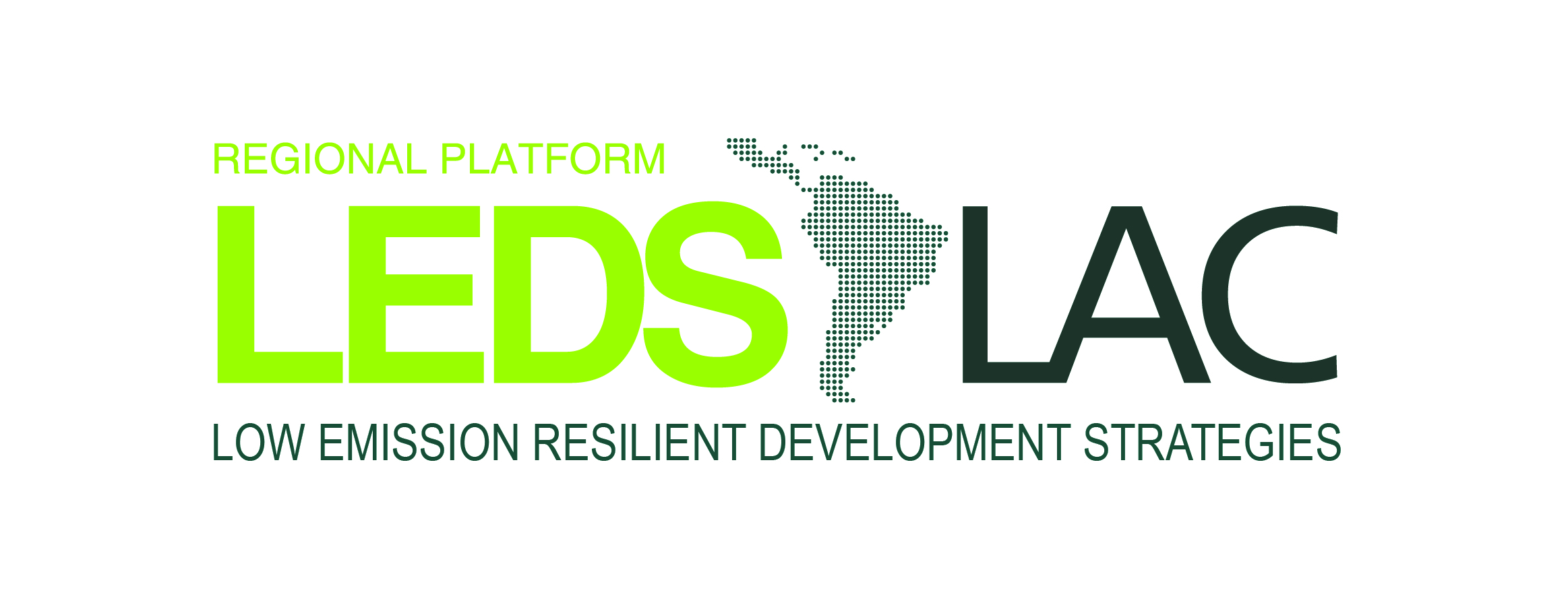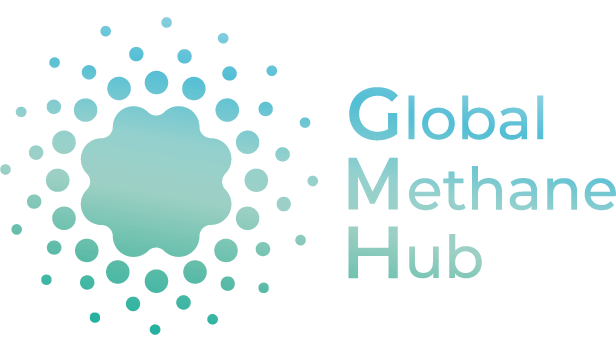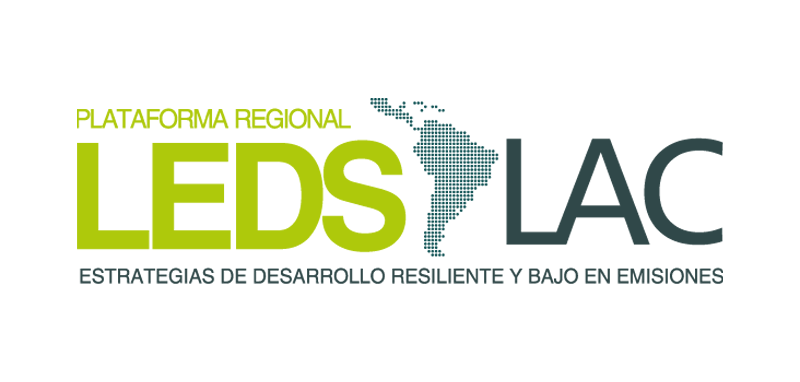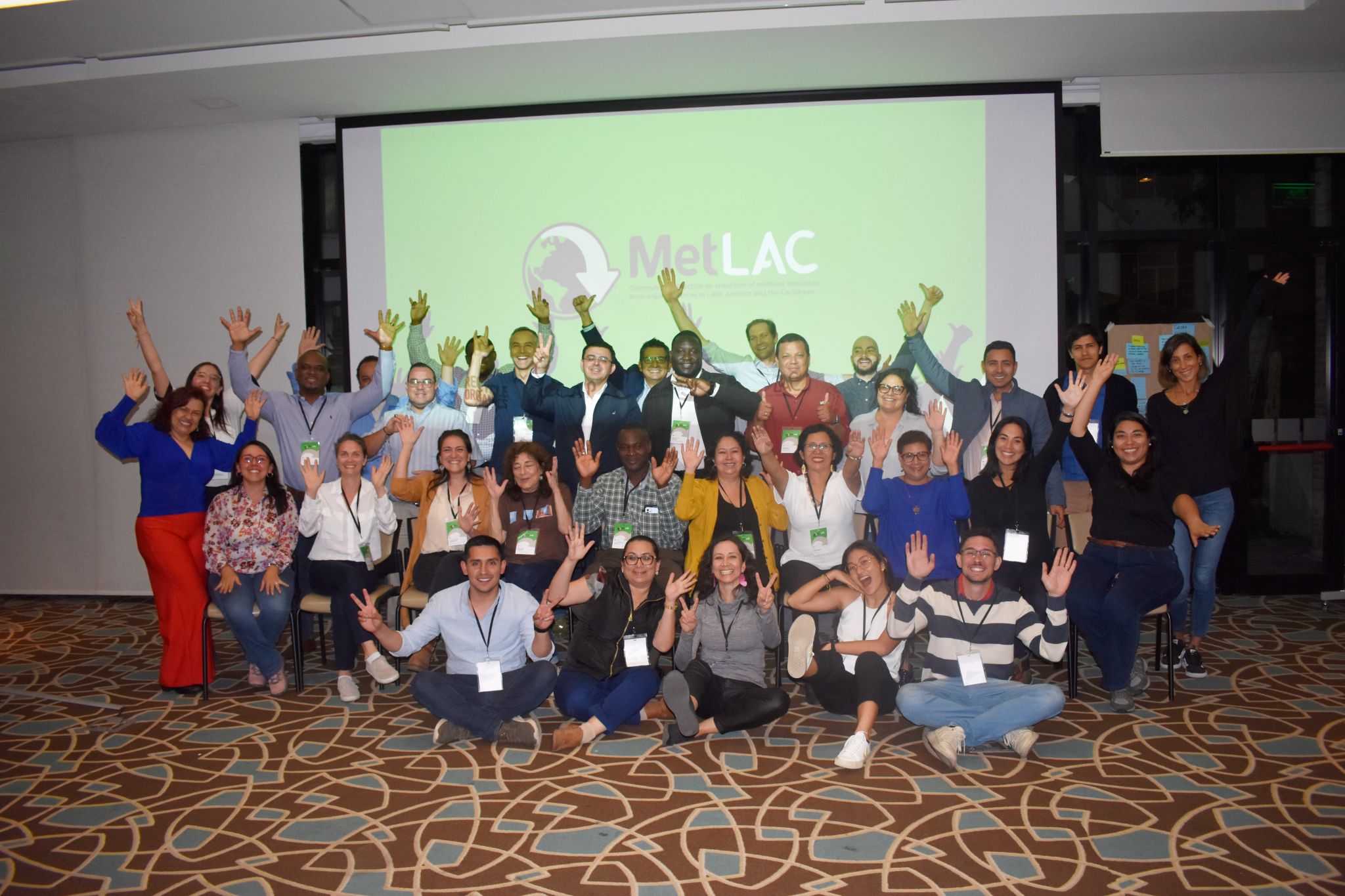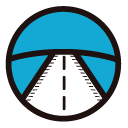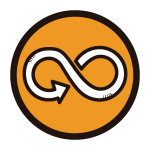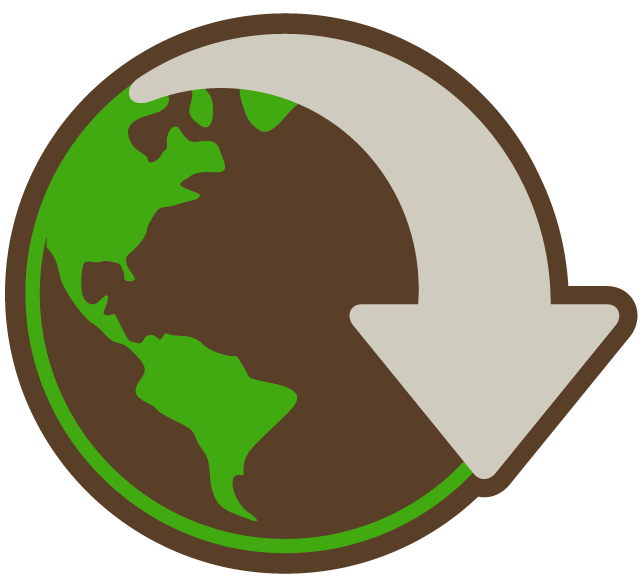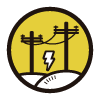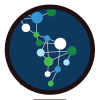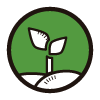
Community of Practice on reduction of methane emissions from organic sources in Latin America and the Caribbean (MetLAC)
MetLAC is a community of public institutions, non-governmental organizations, private companies, and academic institutions from 10 countries in Latin America and the Caribbean (LAC), who participate in dialogue, exchange of experiences, and capacity building activities, with the purpose of promoting and supporting the development of public policies, business models, and investment projects that contribute on reducing methane emissions from organic waste, as well as other sustainable development goals through actions such as composting, anaerobic digestion, food waste reduction, and similar initiatives.
This MetLAC Community of Practice (MetLAC CoP) was launched in October 2023 in response to the need to accelerate actions to reduce methane emissions from organic sources to achieve LAC´s climate change mitigation goals and at the same time contribute to other sustainable development goals such as improving local environment, providing clean energy, creating green jobs, and fostering more sustainable circular economy approaches.
MetLAC is a joint initiative of the Center for Clean Air Policy (CCAP), ImplementaSur, and the LEDS LAC Regional Platform, with financial support from the Global Methane Hub (GMH), and has member organizations from Argentina, Barbados, Belize, Brazil, Chile, Colombia, Grenada, Honduras, Mexico, and Peru, along with facilitating organizations.
Why Methane?
Methane is a potent greenhouse gas that has global warming potential 86-times greater than carbon dioxide over a 20-year period.1 According to the Global Methane Assessment (2021), reducing human-caused methane emissions is one of the most cost-effective strategies to rapidly reduce the rate of warming and substantially contribute to global efforts in keeping the world below 1.5°C.
Furthermore, methane is among the most dangerous Short-Lived Climate Pollutants (SLCPs) and is responsible for 40 percent of the Earth’s warming since the Industrial Revolution—18% of human-made methane emissions come from organic waste.
Waste generation per capita will keep increasing around the world with population and rapid urbanization. As the organic fraction of waste—such as food residues, yard trimmings, paper or wood—decomposes in landfills or dumpsites, it generates large amounts of emissions that lower air quality and heavily contribute to the warming of our planet.
According to the United Nations Environment Programme (UNEP), organic waste represents, on average, 50% of the waste stream in Latin American countries. The lack of specific treatment options and recovery measures is causing consequential issues at final disposal sites, including significant methane emissions, leachate polluting subsoils and the spread of diseases by pests.
In the LAC region, there are local and regional initiatives focusing on recycling, anaerobic digestion, composting and other technologies that are relevant for cutting methane emissions, but those efforts are often disparate and not linked to national climate and development goals.
CdP Activities
2024
Training sessions for the CoP members, focusing on topics of interest identified during the in-person workshop kickoff in Bogotá, Colombia
- Training 1. Use and application of SWEET (Solid Waste Emissions Estimation Tool), a tool for estimating emissions in waste valorization projects (February 28, 2024)
- Training 2. Blended finance for waste management projects and programs. (July 03, 2024).
Virtual exchange sessions for members of the CdP, around topics of interest identified in the initial in-person Workshop in Bogotá, Colombia.
- Session 1. Policy frameworks and instruments for the promotion of the reduction of methane emissions from organic sources. (January 31, 2024).
- Session 2. Development of anaerobic digestion, and landfill gas capture and use projects. (April 3, 2024).
- Session 3. Experiences in the commercialization of organic waste management services and products. (June 5, 2024).
Composting in Latin America and the Caribbean: Experiences, benefits, and challenges
- May 8, 2024
- Virtual
- Download presentation: "Introduction to Composting" of Pedro Rizzo, president of the Argentinian Composting Association (ASACOMP)
- Download presentation: “Pólis Institute, Brazil experience” of Laís Ferreira dos Santos, Project Assistant
- Download presentation: “Municipality of Santa Juana, Chile experience” of Ana Carrasco Troncoso, Plant Manager
- Download presentation: “Control Ambiental, Colombia experience” of Diego Fermín, Innovation Manager
2023
- Presentation of MetLAC at the LAC Climate Week (October 25)
- Online kick-off session (October 31)
- In-person kick-off Workshop (November 14, 15)
Kick-off workshop of MetLAC CoP
- November 14 and 15, 2023
- Bogota, Colombia
Webinar Reduction of methane emissions and organic waste management: opportunities, progress and challenges in Latin America and the Caribbean (December 13)
Link to presentations:
Participation in COP28 (December 4 - 8, 2023)
Members of the CoP coordination team attended the XXVII Conference of the Parties (COP 28) of the United Nations Framework Convention on Climate Change in Dubai and participated in several panels organized by the Global Methane Hub, to present the work of the Community of Practice.
Financing waste sector´s climate solutions: innovative approaches. 4 de diciembre.
Environmental Justice and Methane Reduction at a crossroads: How can we ensure a fair, just, and sustainable implementation of solutions? 5 de diciembre
No time to waste: the role of the waste sector in achieving the Global South Methane mitigation. 8 de diciembre.
Private File
Are you a member of this Community of Practice?
Enter the private archive that contains historical material from all virtual meetings and dialogues.
Contact
También contamos con estas otras 6 Comunidades de Práctica:
